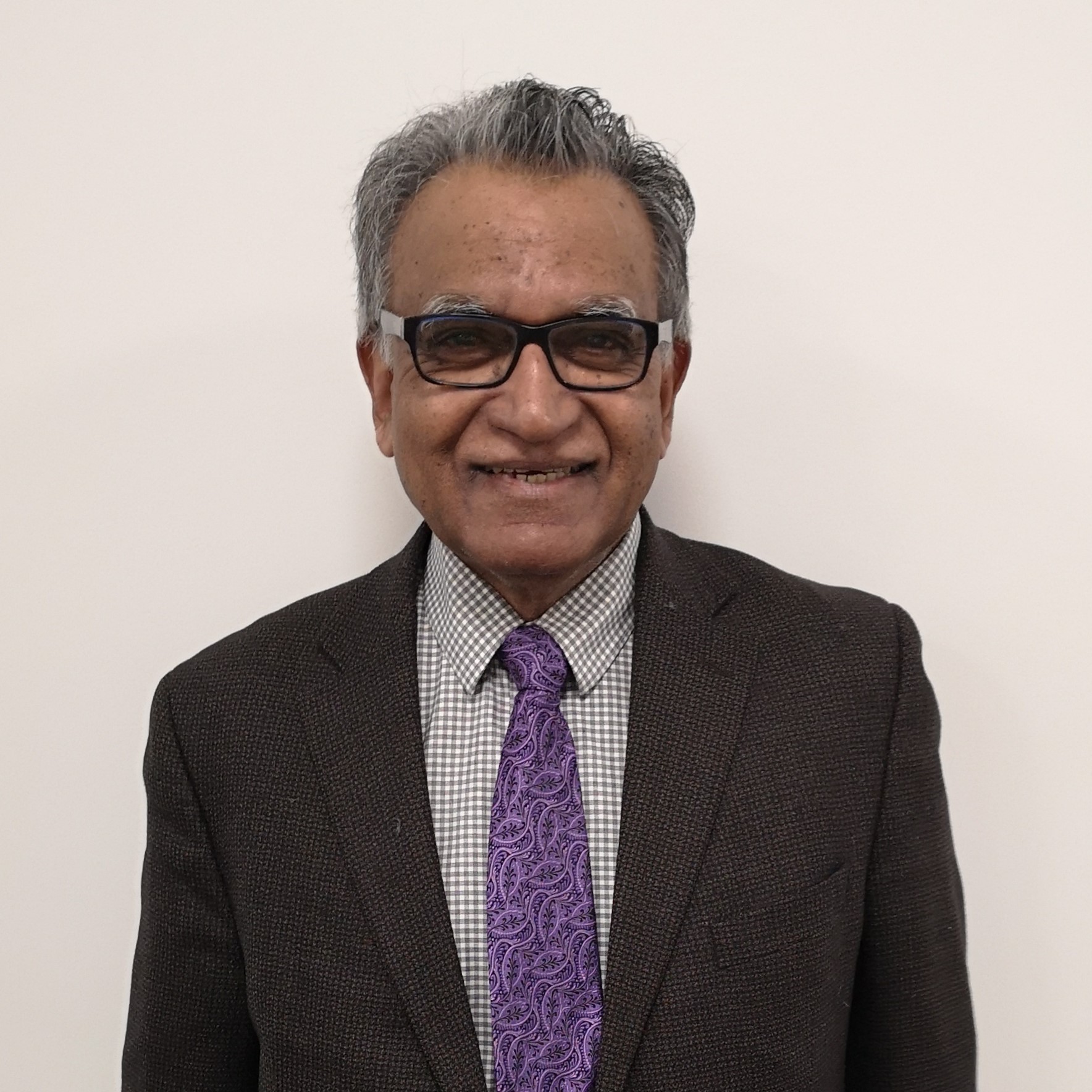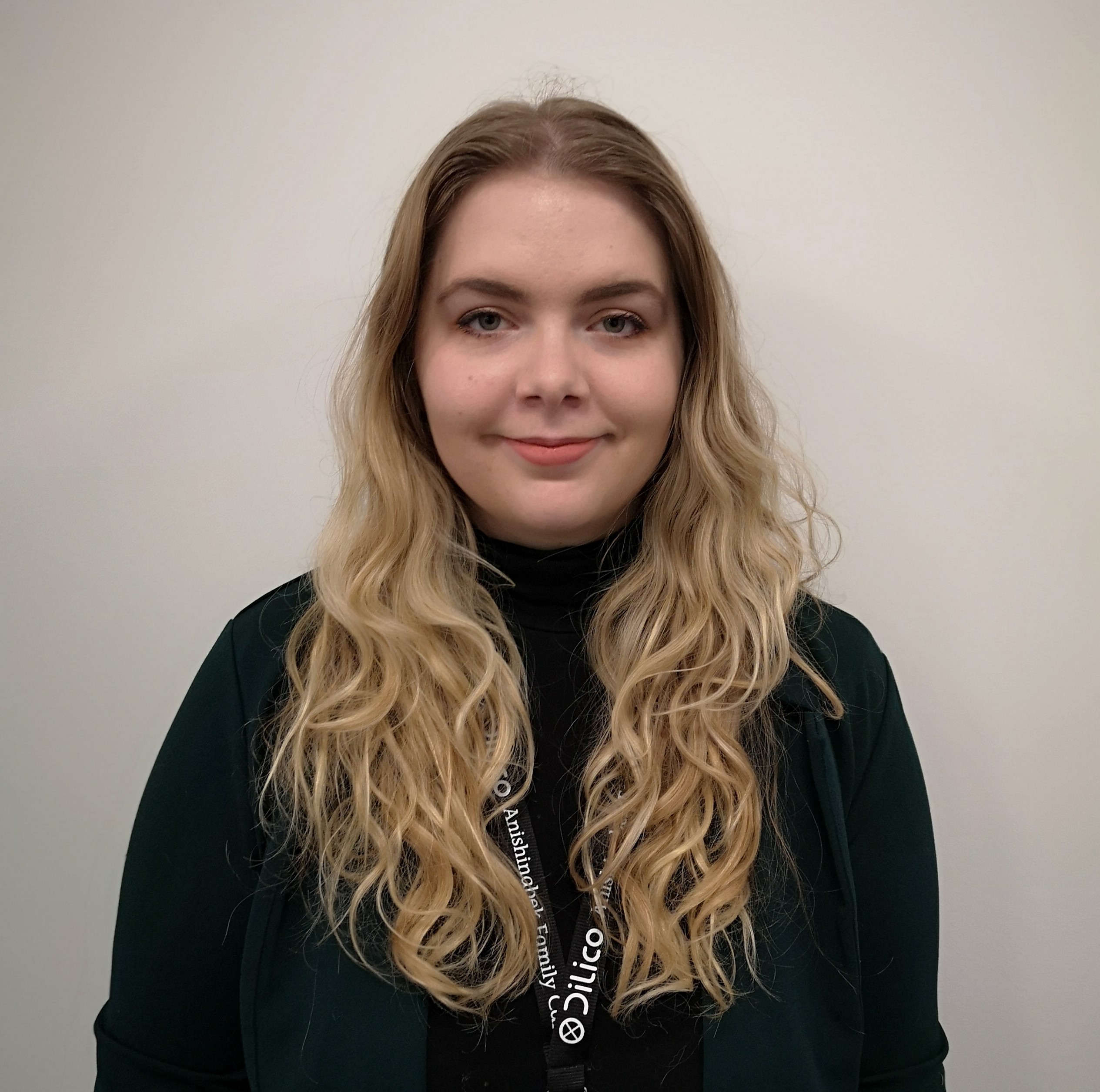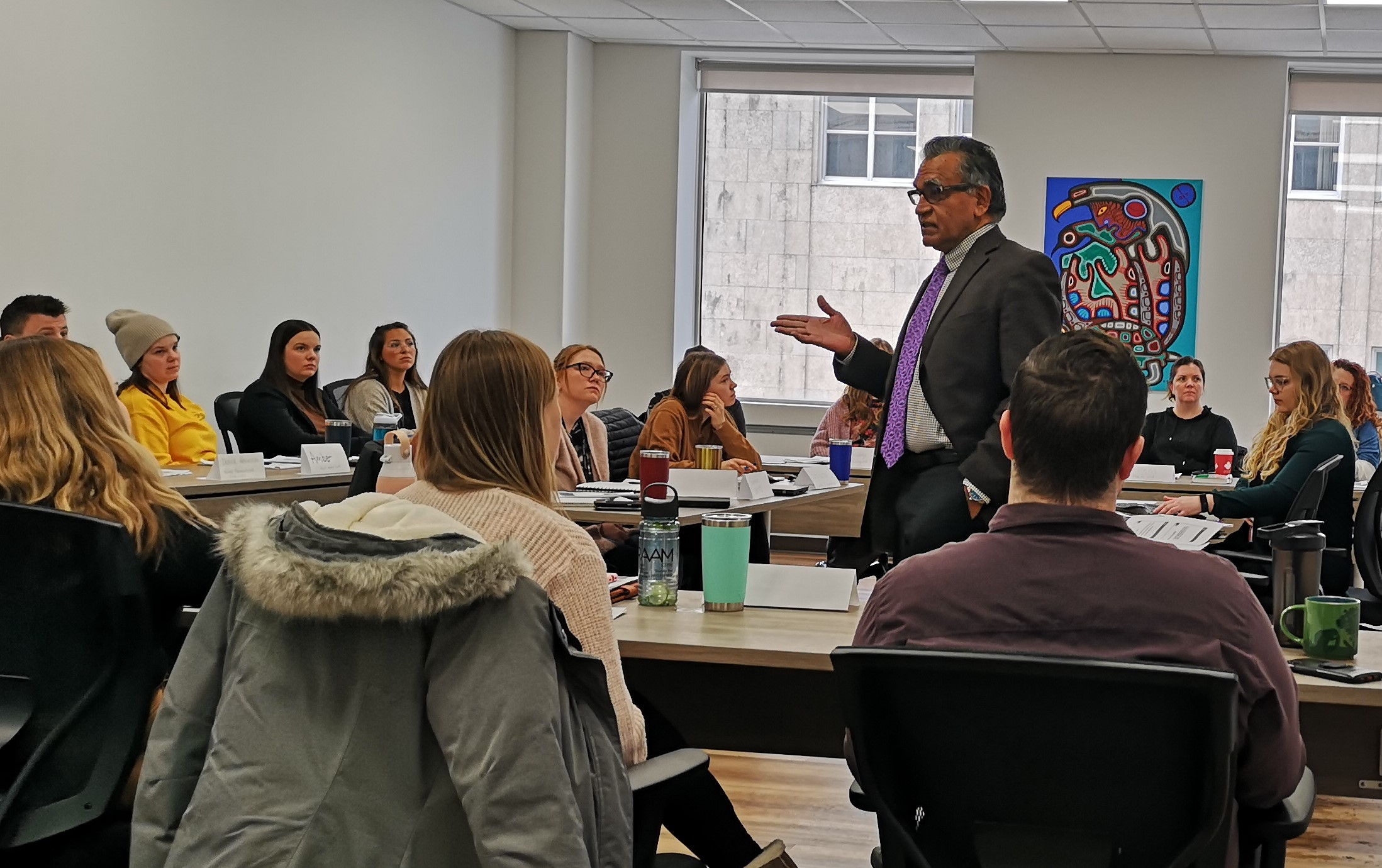Tap a hidden asset -- think positive to unlock your inner strength
BY JULIO HELENO GOMES
In the field of clinical psychology there is a tendency to dwell on disorders – the problems that make getting through the day a struggle. But everyone has some redeeming quality they can tap into to overcome these obstacles and lead a happier, more productive life.
This focus on bringing out underlying positive qualities has been the life's work of a Lakehead University researcher, who has developed a tool called the Strengths Assessment Inventory (SAI) to address behavioural challenges in children, youth and adults.
“It's unlocking the hidden potential in each of us,” Dr. Edward Rawana says of his method.

“Most of the time as individuals we don't highlight our strengths. We sort of deal with our challenges. The whole intent of this framework is to recognize what your strengths are and to use your strengths to address and hopefully overcome your challenges.”
Rawana is a professor in Clinical Psychology, working at both Lakehead University and Northern Ontario School of Medicine University. He is also director of the Centre of Education and Research on Positive Youth Development (CERPYD). His four-decade career has been spent exploring and promoting the assessment of psychological strengths.
The concept of “strengths” involves the competencies and characteristics that reside in an individual. Competencies are skills, such as being proficient in mathematics, while characteristics relate to personality, such as having a good sense of humour.
“A strength is only a strength if that person values it,” Rawana explains.
He helped create SAI checklists for youths (ages 10-18), adults, and post-secondary students. While some of these align with Indigenous culture, they are applicable across the entire population.
Erika Puiras, a doctoral student in Clinical Psychology, has been working with Rawana since 2022 and believes the strengths-based approach works because it draws on deep-seated strengths that everyone possesses.
“People flourish when we make space for conversations about both their areas of challenge and their inherent strengths,” she says. “More awareness will lead to more opportunities for change.”
 Puiras helped put together training materials for Dilico Anishinabek Family Care. This year-long collaboration involves a whole organizational approach to embed the strength-based philosophy into the services Dilico provides. Rawana and Puiras have led multiple sessions for management and staff.
Puiras helped put together training materials for Dilico Anishinabek Family Care. This year-long collaboration involves a whole organizational approach to embed the strength-based philosophy into the services Dilico provides. Rawana and Puiras have led multiple sessions for management and staff.
“As part of the training they are introduced to all the measures we have developed,” Rawana says.
“They can decide when they can use the measures, depending on whether they're working with children, adolescents or adults.”
The SAI follows an interview format, with client information used to produce a strength profile, which helps frontline staff craft an intervention plan with the client. The key is: what is your strength? For example, if there are issues within a family but the client enjoys spending time with them they can use that strength to deal with the conflict.
“The most significant thing is clients typically come into service for mental health and addiction issues,” Rawana says, noting people are often inundated with messages about what's wrong with them and they need to recognize that in spite of those issues they do have some strengths they can call on.
“It's like giving them a different set of lens to look at themselves, so they can see that they're a combination of their strengths and their challenges,” he says. “Strengths are like money in the bank. If you use it wisely, if you grow it and develop it, you can use it when you have challenges. It's like a hidden asset.
“It's not a phenomenally different way of thinking,” Rawana adds. “It's just to make sure that when clients come for assessments that they have an appreciation of what their assets are. Everybody has strengths.”
Rawana has showcased his methods to school boards and community groups. He has worked with Dilico for a decade and this latest collaboration, which runs to April, has provided the agency with specialized knowledge, skills and resources, states Tina Bobinski, Dilico's director of Mental Health and Addiction Services.
“Throughout this research partnership, we have established a sound research framework that promotes research capacity development for both the organization and university personnel,” she says. “We have learned and believe the continued research work within the Strengths-Based Assessment Inventory Study will generate valuable research and have lasting positive impacts for our organization in addition to the Indigenous community.”
For PhD candidate Puiras the work on this project fits with her aspiration to practice in a clinical setting and engage in research, at both the academic and community level.
“Working with Dr. Rawana and Dilico has been an amazing opportunity to learn first-hand about the quality of work that can be done with community partnerships founded on mutual respect,” she says.
“This opportunity has also demonstrated what role clinical psychologists can bring to the table and how the profession can be more involved in community-based work.”
The issue is even more critical these days. With the many mental health challenges people face, they may feel overwhelmed and don't recognize they also have some strengths. In the end, Rawana wants to see a cultural shift, going from a deficit model to a strength-based model.
“We need to be more aware of people's strengths in general,” Rawana concludes of this newer thinking that emphasizes positive psychology. “It's gaining a fair bit of momentum in the clinical world. Because we've been so focused on pathology we tend to forget that there's more to life than just what's wrong with you.”
Research in Action highlights the work of Lakehead University in various fields of research.

